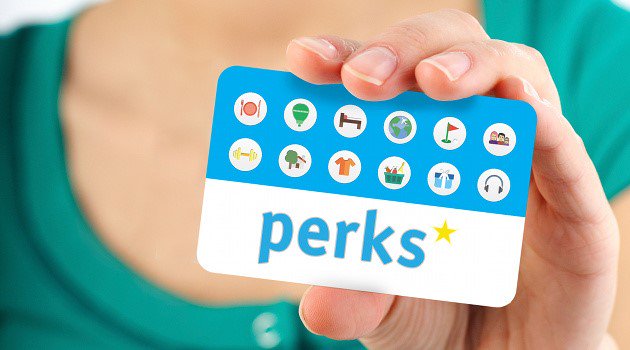
Paypal recently revealed that it was playing around with payment blockchain for its own internal “perk and rewards” purposes. Quoting the article,
“PayPal’s new blockchain platform rewards employees in crypto-tokens, but they only have value inside of PayPal and the platform. Staff can earn tokens by joining innovation programs and contributing ideas, they can also trade tokens. The token transactions will be recorded on the platform’s blockchain ledger and can be redeemed for over different 100 rewards, or experiences. These range from poker tournaments with PayPal vice presidents, a morning of martial arts with PayPal CEO Dan Schulman to borrowing the dog of the head of the investor relations.”
We at GRAFT have long seen this as one of the most viable early use cases for a payment blockchain adoption by the enterprise, and it (along with merchant loyalty programs) was the impetus behind GRAFT Network’s plans for secondary tokens and virtual private chains.
Going down this path what Paypal and others will likely discover the following:
-
They will struggle with centralized vs decentralized approach to the blockchain.
On one hand, yes, they can spin up a Hyperledger and do their own hosting, but they will be responsible for the security and the uptime – and the stakes are high as this is REAL money that can be traded for goods and services
-
They will struggle with transaction speed and privacy
Should this blockchain be public where everyone can see where their coworker is spending their perk dollars, or should it be private? The answer most likely is that privacy IS important, which rules out Ethereum token solutions. Speed wise, even though Hyperledger for instance provides a good TPS, it’s not a GUARANTEED TPS and is subject to bottlenecks.
-
They will have to figure out how to store and accept the tokens, meaning that they will have to develop their own wallet and POS/Terminal applications and web plugins.
-
They will face a question of portability
Should these tokens be exchangeable for good and services outside of the immediate “walled garden” of perks (think cafeteria credits, child sitting credits, Uber credits, etc)?
- Finally, they will have to think about maintainability People inside corporations leave and move to other jobs, projects get deprioritized, the organizations goes through growth and cuts. Maintaining a in-house system is a big commitment for an organization.
A payment network like GRAFT makes for a good solution for this use case as it provides support for the company (aka merchant) tokens and private overlay networks while leveraging the robust features of the underlying POS-compatible permissionless blockchain network, ready made apps (POS/terminal and wallet) that can be customized by the commercial entity to their needs and branding, and an infrastructure of service brokers that can provide exchange capabilities and various other services and applications.
We invite Paypal and others who are considering offering a “perk money” program based on a blockchain designed for payments to explore GRAFT Network as a potential solution.











